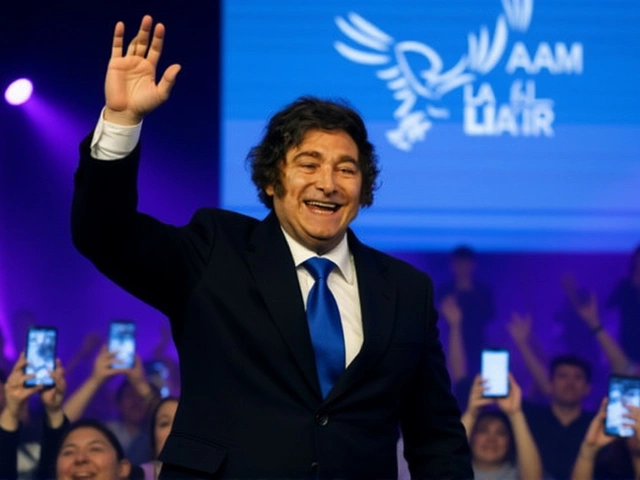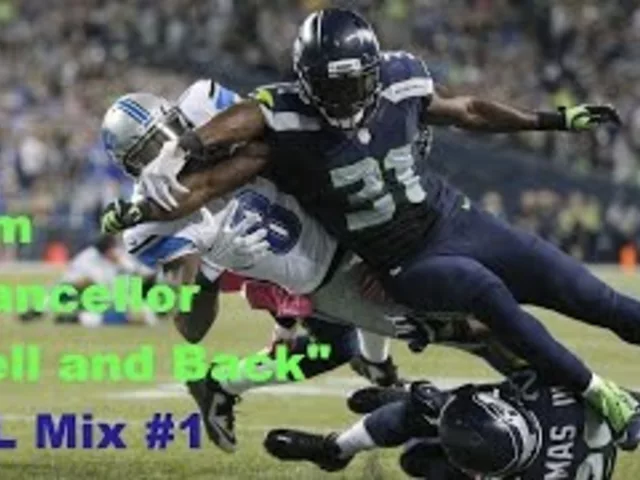The Rise and Success of Joe Namath
Joe Namath, also known as "Broadway Joe," was a legendary quarterback in the NFL who played for the New York Jets and the Los Angeles Rams during his career. He is best known for leading the Jets to a victory in Super Bowl III, where he famously guaranteed a win against the heavily favored Baltimore Colts. His success on the field and his larger-than-life personality made him a household name and a media darling, with endorsement deals and television appearances becoming a staple of his career.
After retiring from football, Namath transitioned to a career in broadcasting, working as a color commentator and analyst for various networks. In 1985, he joined the Monday Night Football team on ABC, where he worked alongside Frank Gifford and O.J. Simpson. While Namath was popular among fans and had a wealth of football knowledge, his tenure on Monday Night Football would ultimately be short-lived.
Controversial Remarks and Public Perception
During his time on Monday Night Football, Joe Namath became known for making controversial remarks and engaging in questionable behavior. Some viewers found his commentary to be too opinionated, while others complained that he seemed more interested in talking about himself than the game. These incidents began to tarnish his reputation and led to a growing public perception that Namath was not well-suited for the role.
One of the most infamous examples of Namath's controversial commentary came during a 1985 game between the New York Jets and the Miami Dolphins. Namath, who was known for his penchant for partying, appeared to be intoxicated during the broadcast and made several inappropriate comments about female fans in the audience. This incident drew widespread criticism and intensified the scrutiny on Namath's performance as a broadcaster.
Declining Ratings and Network Pressure
As Joe Namath's reputation began to suffer, so too did the ratings for Monday Night Football. While the show had once been a ratings juggernaut, it began to experience a steady decline during Namath's tenure. This put increased pressure on ABC to make changes to the broadcast, including replacing Namath as a commentator. The network was also reportedly unhappy with the chemistry between Namath, Gifford, and Simpson, which they felt was lacking compared to previous iterations of the broadcast team.
Behind the scenes, it is said that ABC executives were growing increasingly concerned about the show's future and the impact of Namath's controversial behavior on its reputation. They were also reportedly receiving complaints from advertisers and NFL officials, further adding to the pressure to make a change.
The Firing of Joe Namath
In early 1986, ABC made the decision to fire Joe Namath from Monday Night Football. While the network cited a desire for a "fresh start" and a "new direction" for the broadcast, it was clear that Namath's controversial behavior and the declining ratings had played a significant role in their decision. Namath was replaced by former NFL coach and player, Mike Ditka, who would go on to have a successful broadcasting career of his own.
At the time, Namath expressed disappointment in the decision, stating that he believed he had been unfairly scapegoated for the show's decline. Despite his firing, Namath would continue to make television appearances and work as a football analyst for other networks, but he would never again reach the heights of his Monday Night Football fame.
Legacy and Lessons Learned from Namath's Firing
Joe Namath's firing from Monday Night Football serves as a cautionary tale for sports broadcasters and commentators. It demonstrates the importance of professionalism, maintaining a positive public image, and understanding the role of a sports analyst in the context of a broadcast. While Namath's charisma and star power initially made him an appealing choice for Monday Night Football, his controversial behavior and inability to adapt to the role ultimately led to his downfall.
Today, sports broadcasters and networks are more aware of the importance of chemistry between broadcast teams and the need for professionalism on and off the air. The firing of Joe Namath is a reminder of the potential consequences of failing to adhere to these standards, and it serves as a valuable lesson for aspiring broadcasters and commentators in the world of sports.







